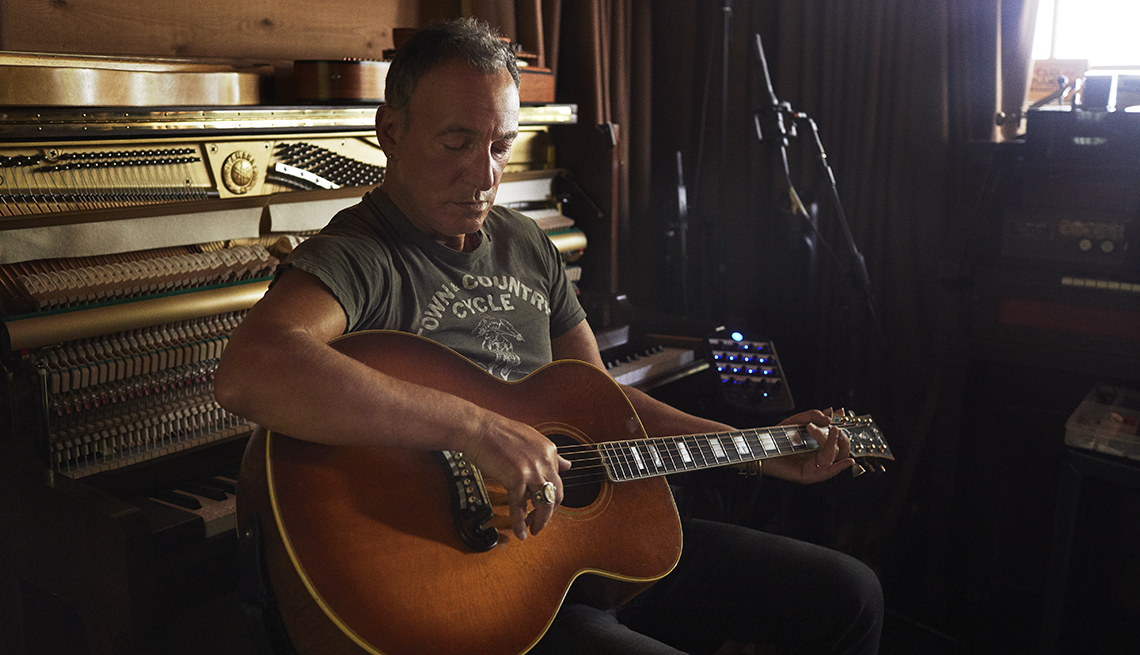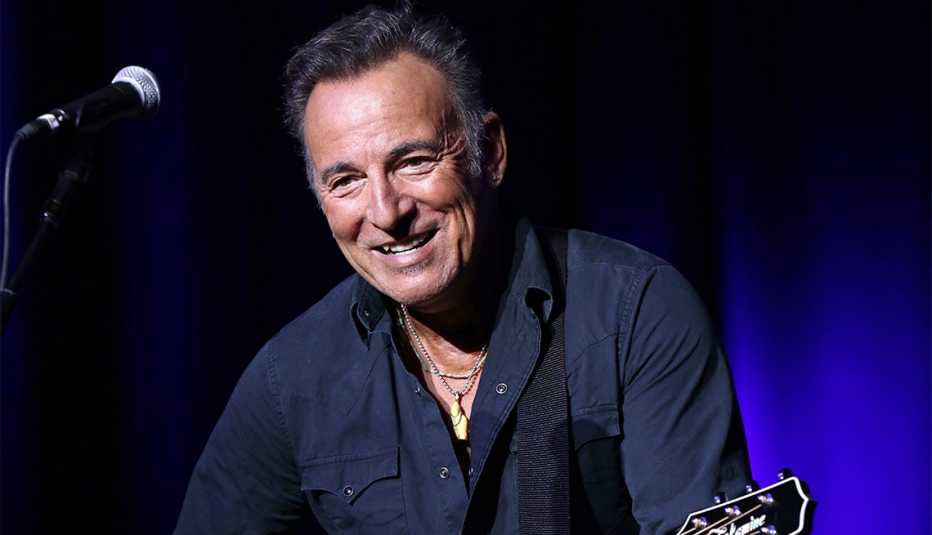Staying Fit
| In the early days of his career, Bruce Springsteen famously produced a flood of material, overwhelming the painstakingly curated groups of songs that made it onto canonical records like Born to Run, Darkness on the Edge of Town, The River and Born in the U.S.A. For fans who knew something about all those outtakes, it sometimes seemed as though the Boss was squirreling away at least as many albums as he was releasing.
In later years, Springsteen opened the vaults (most notably for the mammoth, career-spanning 1998 compilation Tracks), giving casual fans an opportunity to hear these works for the first time and die-hards a chance to replace crackling, muddy bootleg versions. On the upcoming Letter to You, his 20th studio release, Bruce sends three more of these long-locked-away songs — “Janey Needs a Shooter,” “If I Was the Priest” and “Song for Orphans” — out into the world. For those without encyclopedic knowledge of Springsteen's deep and versatile catalog, here are 10 of his best outtakes or B sides (remember B sides?) you might not have heard.


AARP Membership— $12 for your first year when you sign up for Automatic Renewal
Get instant access to members-only products and hundreds of discounts, a free second membership, and a subscription to AARP the Magazine.
"Be True” (1979)
The song's narrator tries to make an honest bargain with someone who's been built up and let down too many times ("Well baby, don't do it to me, and I won't do it to you"). Recorded during the sessions for The River and released as the B side of “Fade Away” (and on The Ties That Bind: The River Collection in 2015), this is a generous-hearted song, perfect for when you need a dose of human kindness in dark days. Also catchy as heck.
"The Fever” (1973)
A long (7 minutes, 41 seconds), languid rhythm-and-blues meditation on lost love, recorded in 1973 but not released until the 1999 sampler 18 Tracks — although you could hear it in the 1970s if you listened to the right radio stations. An early example of Springsteen trying on a different genre and nailing it, and an absolute gem.



































































